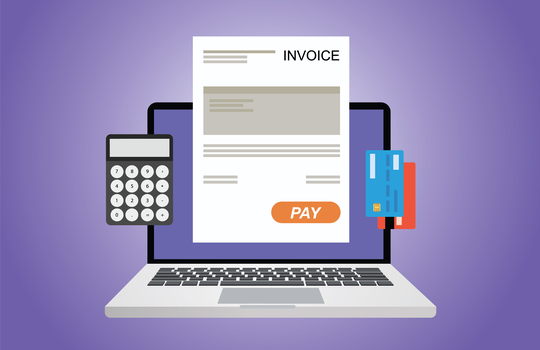
The Australian Taxation Office (ATO) has been given the go-ahead to establish a national authority to enforce e-invoicing standards, following the passage of the Treasury Laws Amendment Bill 2019 through parliament on Tuesday.
The legislation gives ATO the power to establish the long-anticipated Australian PEPPOL Authority, creating a national framework that enforces interoperability standards for electronic invoicing in Australia, based on the Pan European Public Procurement Online (PEPPOL) framework.
Last month, Australia and New Zealand jointly announced the adoption of a common trans-Tasman e-invoicing standard, developing localised invoice specifications based on PEPPOL BIS Billing 3.0.
The shift to e-invoicing is estimated to save the two nations $30 billion in transaction costs over the next decade, a joint statement by Prime Minister Scott Morrison and New Zealand prime minister Jacinda Ardern revealed in February this year.
In an announcement on LinkedIn immediately following the bill’s passage, John Dardo, the ATO’s chief digital officer and deputy commissioner, said the tax agency has now “lodged an application” to join OpenPEPPOL – the association responsible for the developing and upholding PEPPOL specifications worldwide.
Dardo said the ATO will adopt a collaborative approach, “[working] with the software industry, access points, businesses and agencies to get started with e-invoicing.”
E-invoicing – which effectively supplants paper- and PDF-based invoices and the tedious manual entry of data into digital invoicing systems – has been a longstanding goal for the tax department, which sees the rollout as a critical measure to improve business growth and address an $11 billion shortfall in expected tax receipts from small businesses.
The ATO rather loosely defines e-invoicing as the “direct exchange of invoices between suppliers’ and buyers’ financial systems in a structured format”. Using a coordinated standard, e-invoices can be sent directly to and read by a customer’s software, regardless of whether buyers and suppliers use different invoicing applications.
A report commissioned by the ATO in 2015 found a unified approach could save the economy as much as $10 billion per year, and up to $3 billion for government agencies alone.
Once implemented, the new invoicing standard would also support a 2018 commitment by the government to fast-track payments to small businesses when they adopt e-invoicing.





